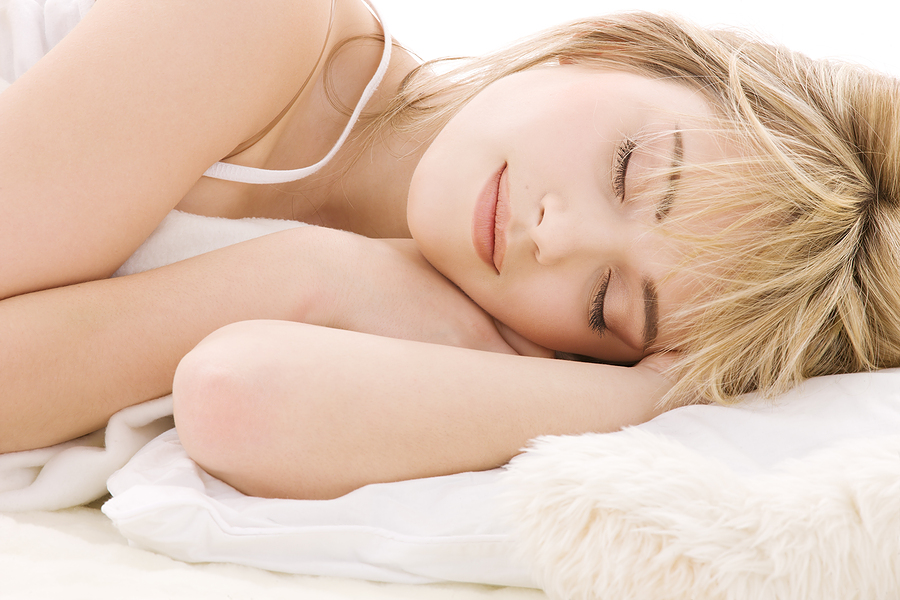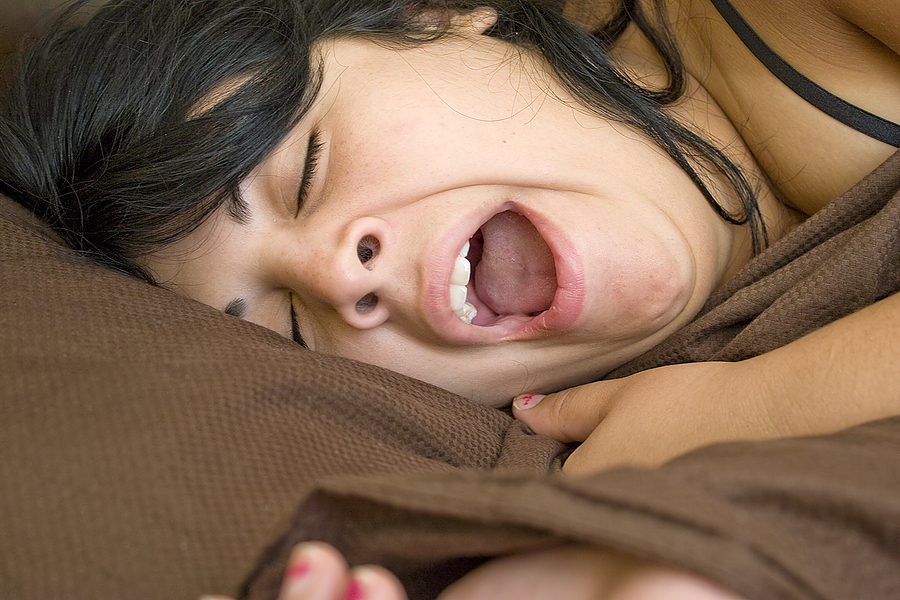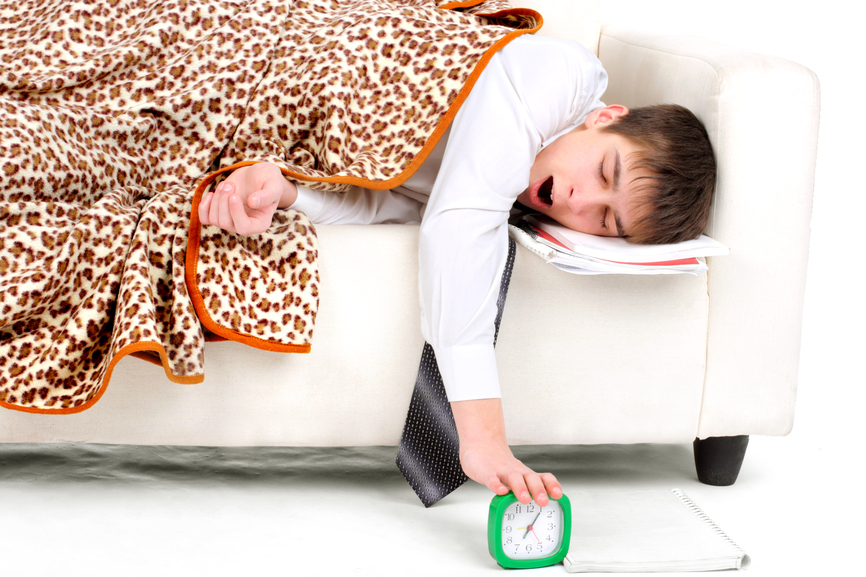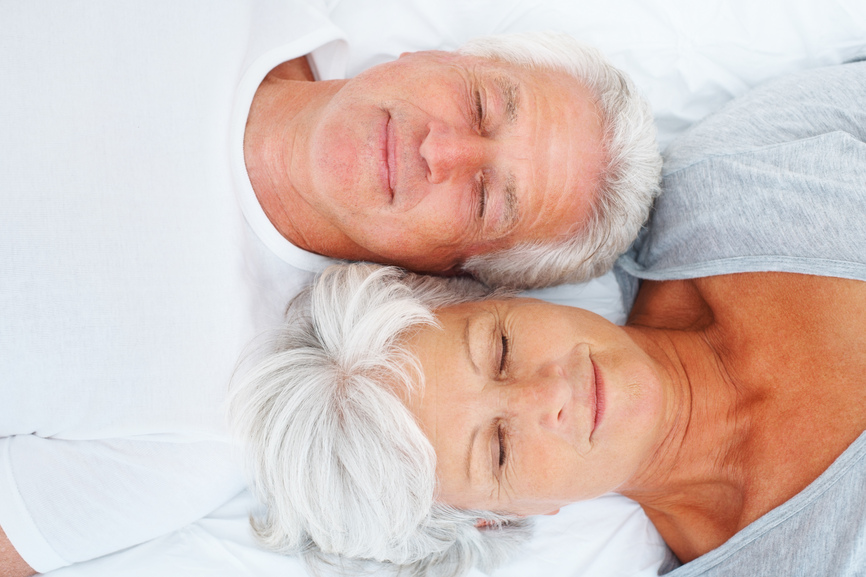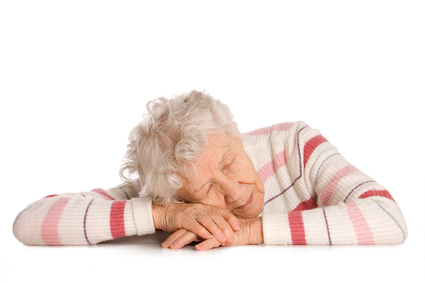
Sleep
We thank Just Shutters for sponsoring our sleep section - their wonderful Plantation Shutters in the bedroom are alergen free can aid a restful night.
What is sleep?
Sleep is a state of deep relaxation, a state in which many of our ‘conscious’ functions are suspended. This leaves our bodies and minds able to rest and repair.
Why do we need sleep?
 While different studies and theories put the emphasis on different issues, it is accepted that while we sleep our brains work hard, undertaking a variety of ‘maintenance’ tasks. These essential processes keep us performing to our top potential, processing information and repairing damage done during ‘waking time’, preparing us for the next day.
While different studies and theories put the emphasis on different issues, it is accepted that while we sleep our brains work hard, undertaking a variety of ‘maintenance’ tasks. These essential processes keep us performing to our top potential, processing information and repairing damage done during ‘waking time’, preparing us for the next day.
What happens when we don't get enough sleep?
Without a good night’s sleep we are unable to learn, create and work to our maximum potential and our communication and logic skills are impaired.
Tip: If you do get to bed at a reasonable time and still find yourself waking in the middle of the night, consider keeping a dissolvable natural sleep aid on your bedside table. Unlike traditional sleeping sedatives, some natural sleep aids help mimic your body's own natural sleep hormones; gently lulling you back to sleep without "knocking you out" or causing morning grogginess.
Mental Health and Sleep
Mental health issues can cause and exacerbate sleep problems, and sleep problems can prolong and make worse many mental health issues, creating a multidysfunctional cycle. Stress, anxiety and depression are three psychological causes of insomnia. In turn dysfunctional sleep patterns and insomnia can make it very difficult for the brain to rest, process information and recuperate fully, making it harder to recover from these disorders.
The more sleep deprived you are, the more symptoms you are likely to experience, and the more severe. These symptoms can include:
- Mood disturbance, irritability
- Reduced concentration
- Lethargy, tiredness and lack of motivation
- Difficulty in making decisions
- Disjointed thinking
We go into greater detail and outline further symptoms in our sleep deprivation article.
How much sleep do we need?
Most healthy adults need between 7.5 and 9 hours of sleep every night. Children, teenagers and the elderly's sleep needs vary. The following symptoms may indicate you are not getting enough sleep - again see our article on sleep deprivation for more detail.
Feeling unrefreshed / unable to get out of bed (although oversleeping can also make you feel this way)
- Feeling irritable and unable to cope with stress
- Wanting to sleep in the afternoon
- You relying on the alarm clock to wake you instead of waking naturally
- Reduced concentration in the afternoon
- Falling asleep very quickly
How to get better sleep
If you are not getting enough sleep there is much that can be done. While both long-term or severe short-term sleep dysfunction should always be discussed with your GP, there are many things you can do to help yourself.
Please see our: How to get to sleep and Top 10 sleep tips pages for more handy self-help strategies.
If you have concerns regarding your sleeping pattern, please see your GP who will be able to advise on your own circumstance and rule out any underlying causes. There are medications available that can provide a short-term solution if needed.
Related Guides













